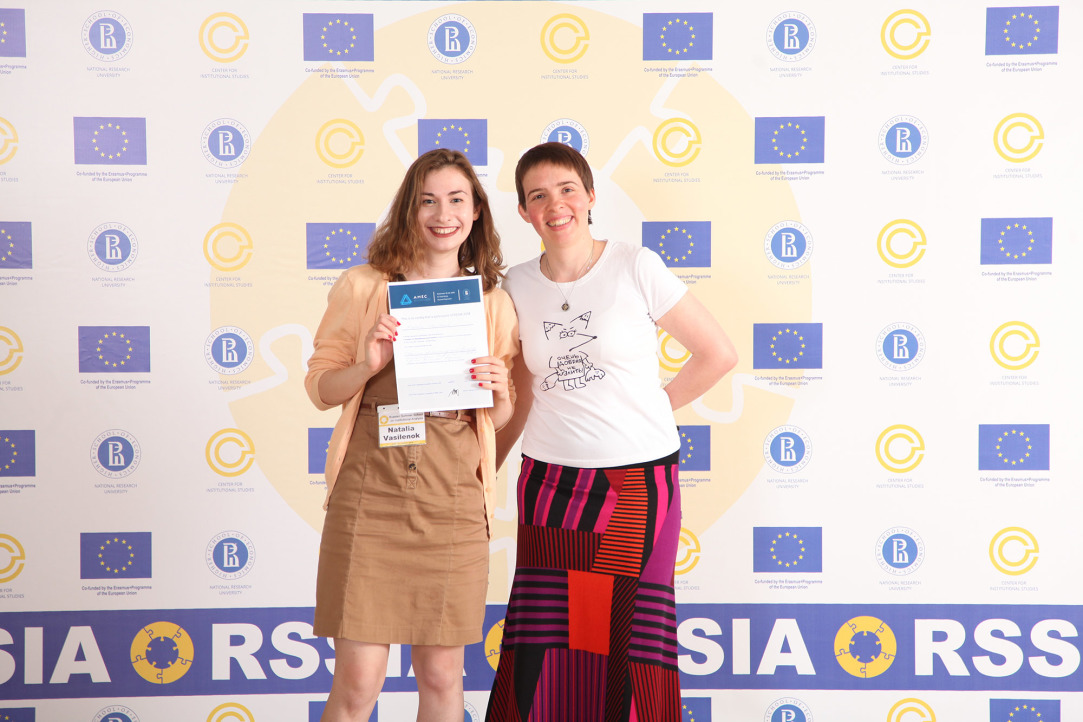
Economic Empowerment at HSE University
HSE University alumna Dr. Elena Podkolzina recently became an academic supervisor of the newly established master's programme in Economics and Economic Policy. Having been part of HSE University for nearly 25 years now, Dr. Podkolzina recalls her student years and shares her experience as deputy director of the Center for Institutional Studies.

Risk-Taking Propensity Significantly Contributes to Entrepreneurship
Risk-takers are thought to be more likely to set up and grow their own ventures because business involves many risks. This does not apply to all entrepreneurial situations, but only to those where people have realized that running their own business is something they really want, not something they are pushed to do.
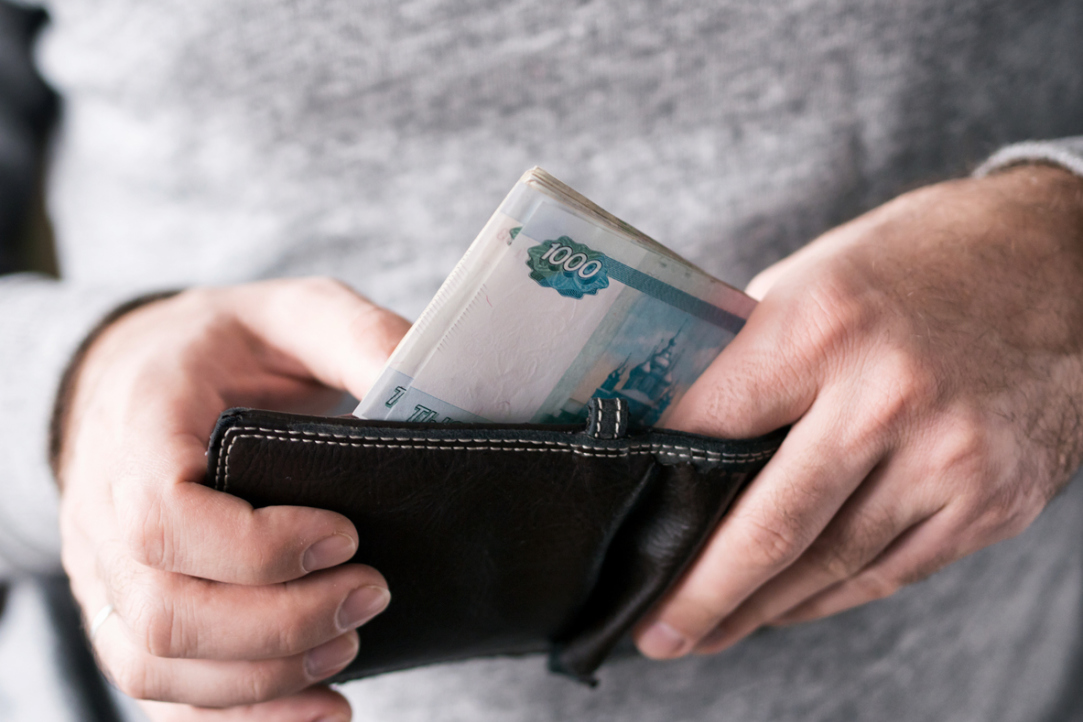
Chronic Poverty in Russia Has Decreased in the Past Two Decades
Poverty has been falling in Russia since the early 1990s — from 34% in 1994 to 12% in 2019. Part of the population has experienced situational poverty due to economic crises.

Out of the Ivory Tower: From Academic Economics to Policymaking
What issues can modern economics help address? How can economists shape government policies? What languages should an economist speak? These are some of the questions Professor Alain Paquet of the University of Quebec at Montreal will talk about at the upcoming meeting of the Discussion Club on Modern Economic Policy hosted by HSE University’s Faculty of Economic Science on November 11. The News Service has talked to Professor Paquet ahead of the lecture.
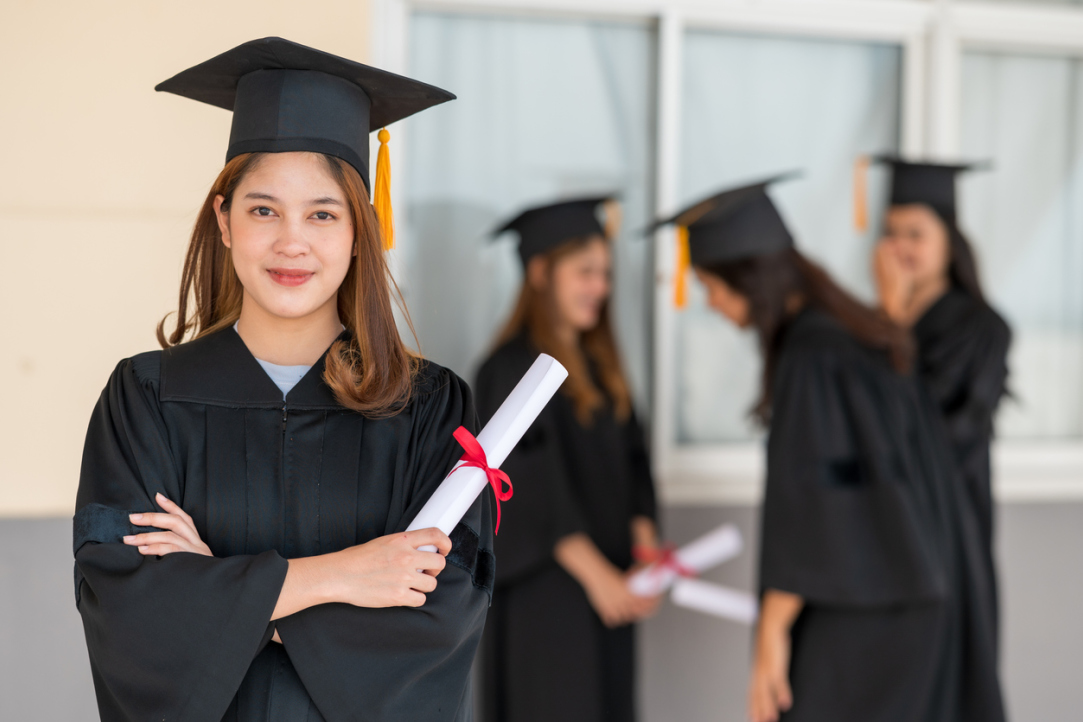
Master’s Degrees Lead to Better Employment Prospects and Higher Salaries
Master’s programmes are gaining popularity in Russia. The number of master’s graduates now stands at 185,000 — more than three times the 2013 figure. In 2020, one fifth of admissions to Russian universities were for master’s programmes.
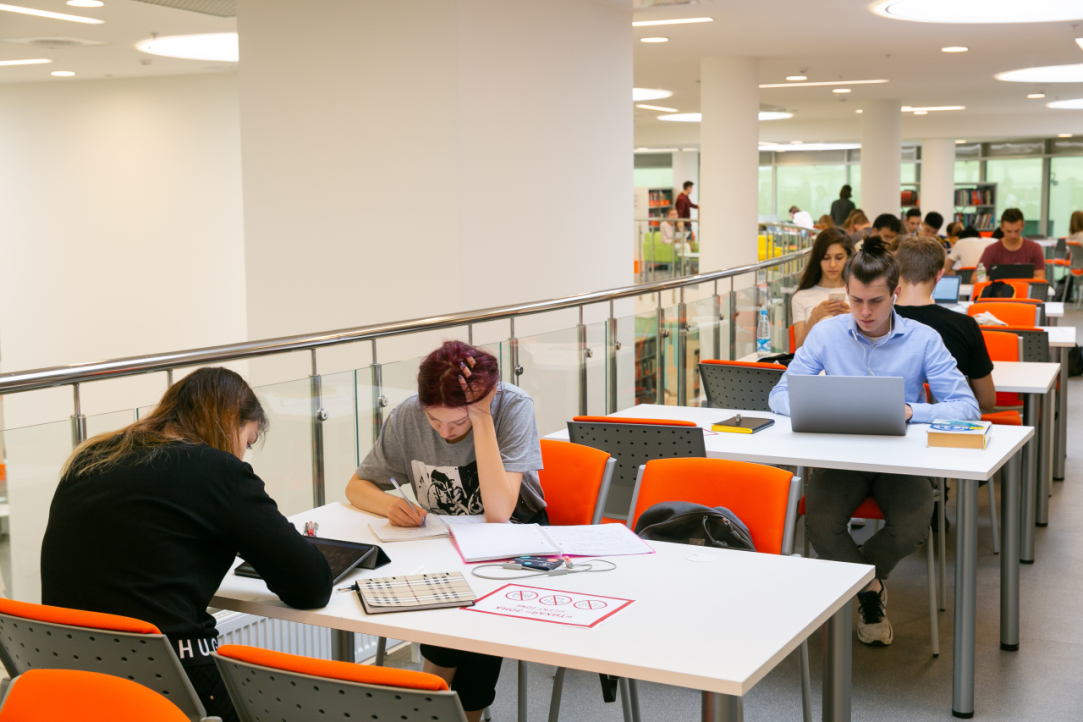
Researchers Confirm Correlation Between Education Expenditure and GDP Growth
HSE University researchers have analyzed the economic performance of almost a hundred countries to understand whether government investment in education pays off. The economists explain what kind of recommendations may be offered to governments—and how they vary based on a country's level of development—in the Voprosy Statistiki journal
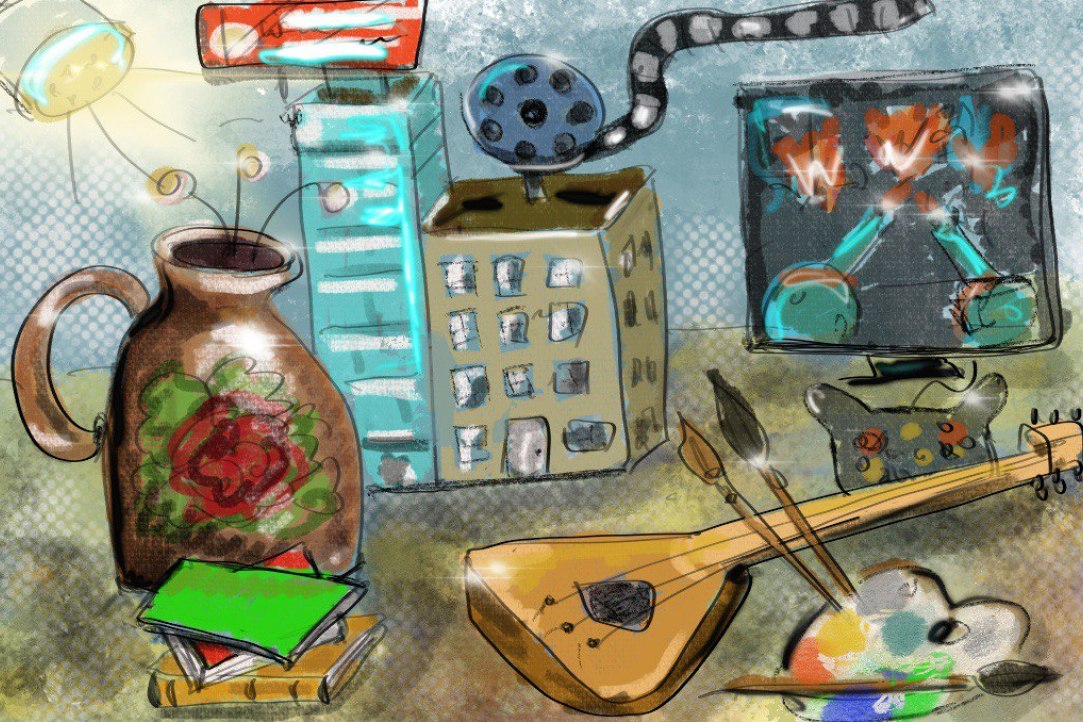
Creative Industries in Russia
Russia has 3.5 million people in creative occupations and 2.7 million employed by creative industries. IQ.HSE used data by the HSE Institute for Statistical Studies and Economics of Knowledge (ISSEK) to see how much these two figures overlap and how creative employment is different from creativity. Having assessed Moscow's creative economy, the experts have broadened their scope to Russia at large. The findings are published in the inaugural digest of the Human Capital Multidisciplinary Research Centre.
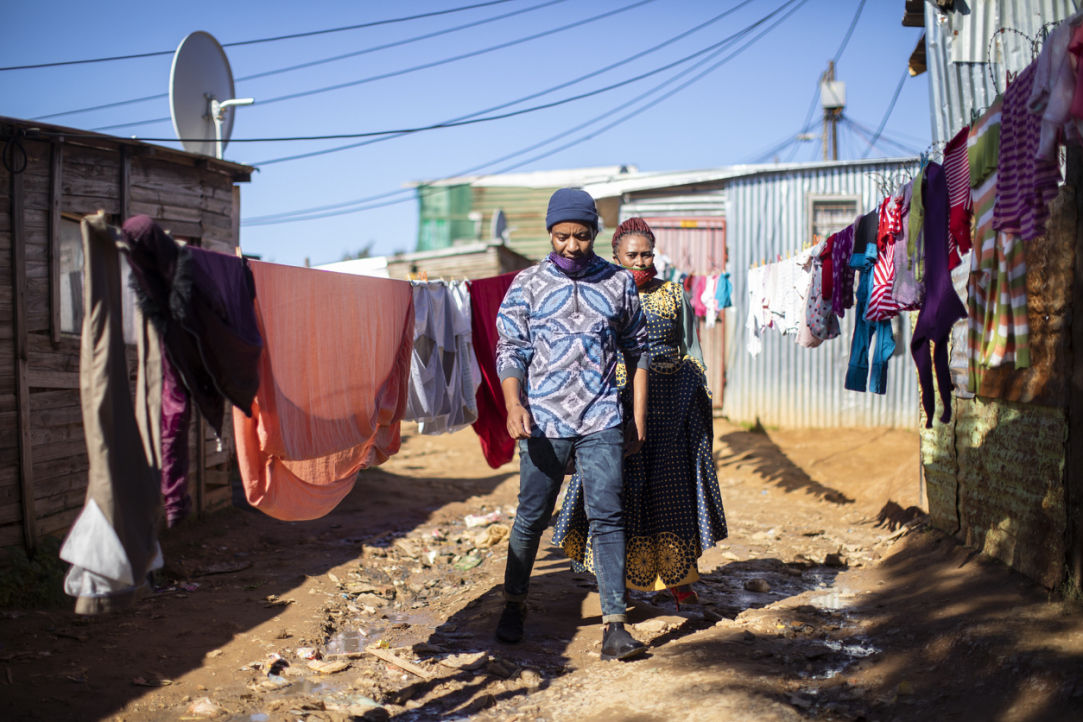
The Dignity Factor: What Social Policy Should Look Like in the New Era
Abhijit Banerjee, one of the 2019 Nobel Prize winners in economics, spoke at a seminar at HSE University and explained why people trust economic forecasts less than a weather forecast and what can be done to bring this trust back.
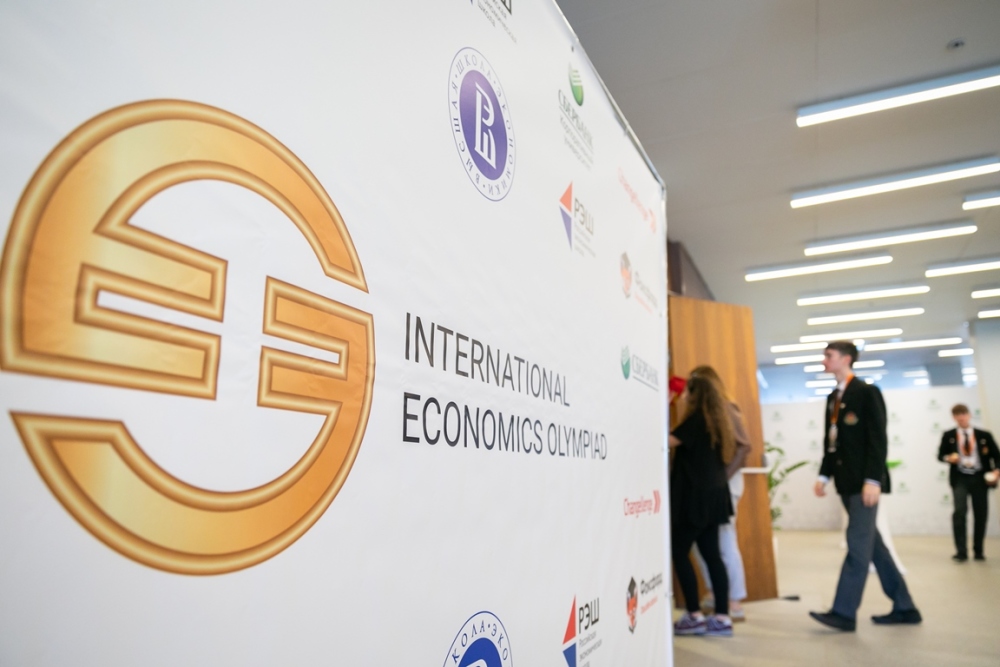
‘Not Testing the Knowledge, But Testing Whether You Are Ready to Interact with Reality’
The roundtable "Teaching Economics to High School Students: Curricula, Practices, Competitions" took place as part of the XXII April International Academic Conference on Economic and Social Development. Danil Fedorovykh, Deputy Vice Rector of HSE University and the President of the Executive Board of the International Economics Olympiad (IEO), initiated the session. Alexander Zhitkovskiy, Head of the Project Laboratory for Development of Intellectual Competitions in Economics (Faculty of Economic Sciences, HSE University), was the co-moderator.
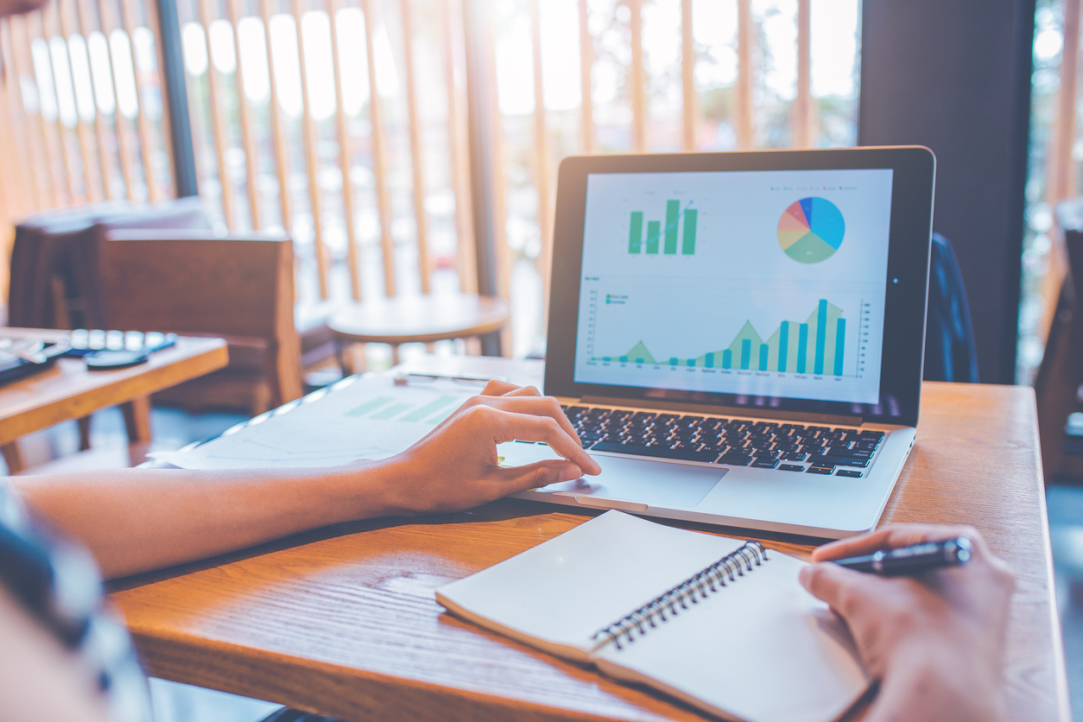
‘I Realized That Economics Has Many Different Fields’
Though a native of South Korea, Daeun Han went to school in Moscow, so attending a Russian university and taking classes in Russian did not pose a big challenge for her. She is currently working towards a Bachelor's degree in economics at the Faculty of Economic Sciences at HSE University. As a third-year student, she finds herself getting more and more interested in different aspects of economics.


Deadline for submitting applications is November 7, 2025